Disclosure: Meeple Mountain received a free copy of this product in exchange for an honest, unbiased review. This review is not intended to be an endorsement.
Back when people didn’t realize how cool nerds are, I remember sitting in a classroom in Rochester, NY playing Dungeons & Dragons after school with a bunch of other nerds.
It was a blast creating characters and listening as someone else built a world around the scenarios we were facing. Rolling dice, slaying monsters, marking down my loot on looseleaf sheets of paper. D&D was one of the brief but formidable gaming experiences of my childhood.
Strangely, I never revisited D&D after enjoying those early experiences, and moved firmly into the tabletop board game space. Board games and I got hitched and never looked back. Even though D&D—and role-playing games (RPGs) in general—are on fire right now, I haven’t been tempted to dive back into the RPG pool.
Gigamic, the publisher behind many of the best abstract strategy games on the market (such as Squadro and this year’s Qawale), is chasing the RPG hotness by introducing a new franchise called Critical. The first entry, Critical: Foundation—Season 1 (which we’ll call Foundation) is absolutely meant to play the role that Dungeons & Dragons Starter Set plays for gamers new to the D&D universe.
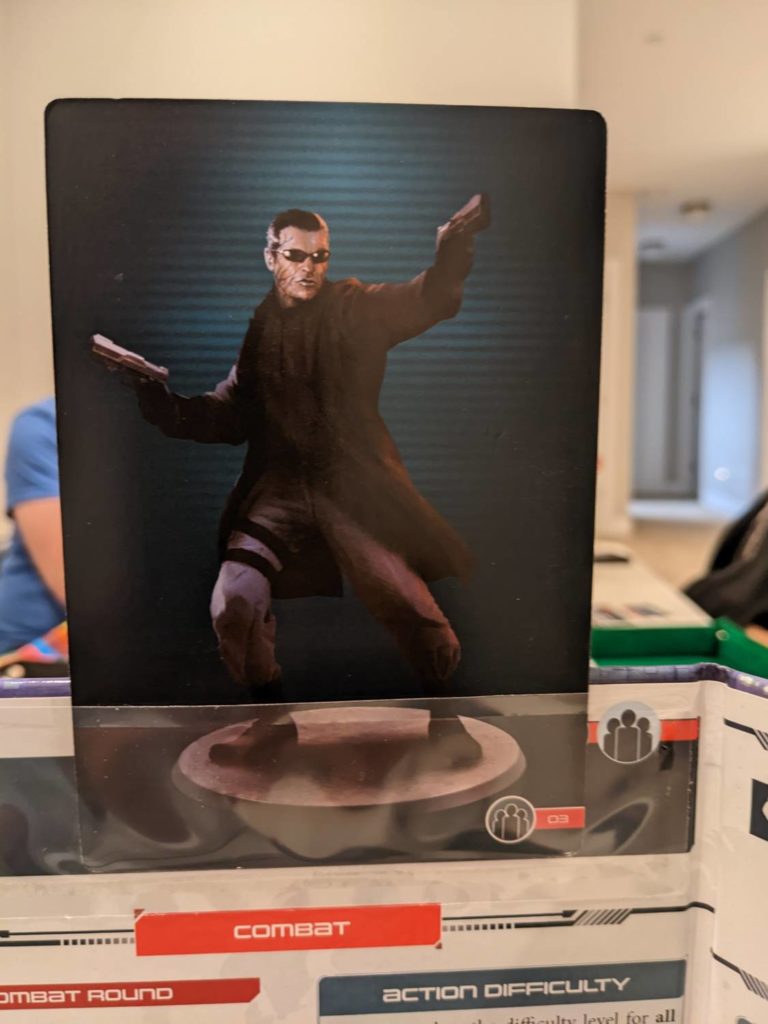
Baby’s First RPG
Foundation is aimed at such a specific audience that it is wrapped in a bright red banner around its box that practically yells at the buyer “BECOME THE GAMEMASTER.”
I like this. Between the packaging and the constant reminders, Foundation is meant for players looking for their very first experience in either running an RPG campaign or acting out the story as one of the playable characters (PCs) in its brief nine-episode journey.
Foundation pushes even harder by making an easy-to-deliver, essentially “on rails” experience, that can be played in just 30 minutes even at the max player count of four PCs and a gamemaster. The manual includes a slipsheet entitled “What is a Roleplaying Game?” and has a manual that introduces terms like “D6”, “non-playable character” (NPC), and how gamemasters are responsible for driving the narrative behind an improvisational delivery.
The first of the nine episodes in Foundation serves as a rolling teach. Players receive a character card and some starting equipment while listening to the bones of a sci-fi story ripped from the headlines of several other fantasy properties. It’s 2033 when the story begins, and as PCs play government agents, the game’s story slowly reveals all the things you would expect: solving crimes, dispatching bad guys, nanotechnology, shady corporations, hostages, an AI that may or may not have the best interests of the world in mind.
PCs begin play by picking a name for their chosen character. They get some basic equipment, including a special item unique to their profession, a handgun, and some other goodies along the way.
Stats are simple in the Critical system—all players have four Attributes (Physical, Mental, Dexterity, Social), but there are no numbers attached. Instead, each player’s base Attribute number is zero, and it’s boosted by one if they specialize in that Attribute. That becomes important during skill checks, which represent the bulk of how PCs engage with the game.
Along the way, PCs will investigate their surroundings, chat with NPCs to gather evidence, and occasionally be forced into combat. All the action is driven by the gamemaster (GM), and in the Critical system, GMs will be handed a four-page pamphlet that provides everything needed to run that episode’s narrative. It’s the best thing about the Critical experience…assuming that you are playing as the GM.
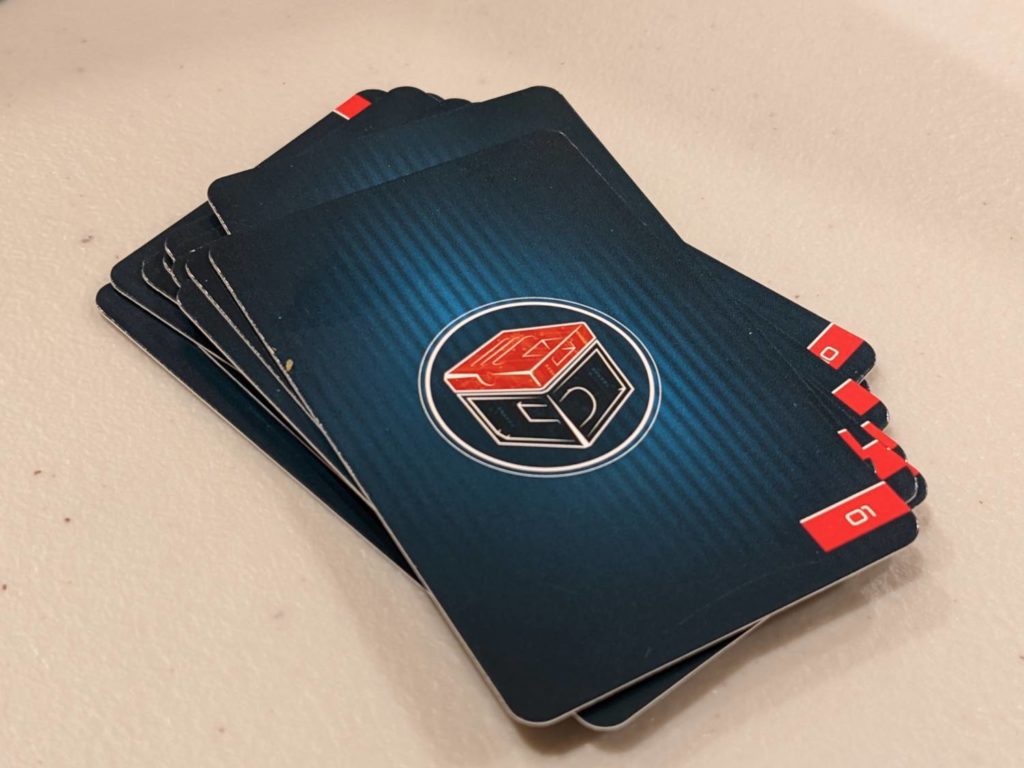
If You Have a Choice
Foundation ended up being two different games with my review group: the game I was playing, and the game our four PCs played.
I served as the GM. Through four episodes (of the nine available), I had a blast sitting behind my little screen, doling out tidbits of information and trying to guide the story. Where possible, I used different voices to play the NPCs in the story—such as the commanding officer of the agents, various scientists, other cops, a shady mortician—and that lent itself well to the experience of the listeners.
That’s because I did about 90% of the work—almost all the talking, all the combat scenarios, all the world-building, distributing all the evidence, items, wound and status cards, all the nearly everything.
And as a GM with almost no resumé to speak of prior to playing Foundation, I’m so impressed by how easy a game it is to administer. The episode pamphlets are stellar, and provide lots of cues on how to drive the conversation, when to hand out the appropriate cards, and where skill checks need to be initiated.
The game removes almost any chance for a new GM to be intimidated by the system, and that’s the best thing I will say about the experience of Foundation.
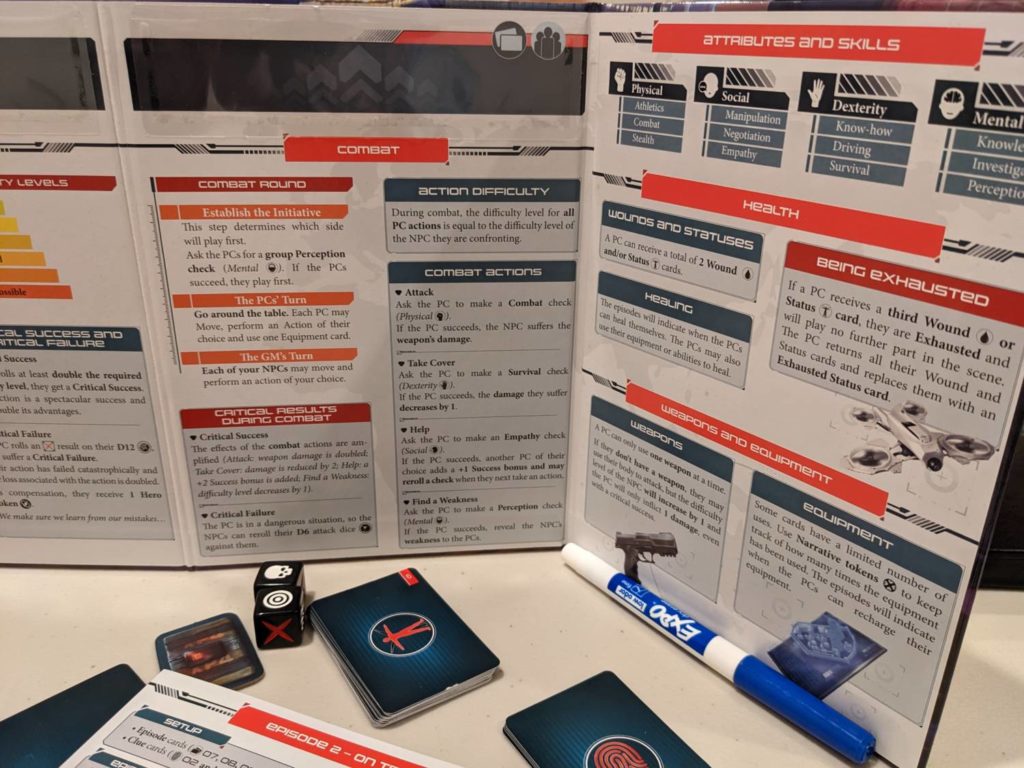
Call Me When I Need to Roll the D12
The four players who joined me as PCs for our four-episode play of Foundation, sitting opposite the GM screen, thought playing the game was quite a bit different. To their credit, they stuck with me as we played nearly half of the game’s included episodes, although I’m pretty sure they will never play again.
I intentionally played this game with players who were new to RPGs (or at least new to experiences like D&D), so I feel good that I captured a sample target audience. Like me, one of the four played D&D maybe 20 years ago. The rest were brand spanking new to narrative-driven gaming.
I don’t think any of them will come back. That’s because their experience can be summarized quite simply: they mostly listened to me talk, or they rolled a D12 to do things like confirm whether they hacked a computer, commanded lazy cops to walk into a hallway, or investigated a filing cabinet.
This, friends, is not the stuff gaming dreams are made of.
Did we have fun laughing about the [clue redacted] found on the corpse of a dead opponent? Of course. Did players enjoy listening when I used my best older female voice to play the role of a [clue redacted] who had recently been shot during an action sequence? You bet. Can I appreciate the fact that one player called his character Dutch, based on the character from the classic Arnold Schwarzenegger flick Predator? Absolutely.
You’re going to have some fun while sitting at the table with other interesting people. But that’s true with a lot of games. The gameplay in Foundation doesn’t often match that high level of pure fun that makes a game easy to recommend, and that gets dragged almost to the point of no return because of the skill check system used here.
Rolling a D12 (a 12-sided die modified for the game’s systems, so that the range of results runs from a critical fail “X” to a 3) has rarely been so boring. You’ll be rolling checks in situations you would expect: to see if your assault rifle burst hits a target, or when you question a suspect and you want to get the most optimal result.
You’ll also roll checks when you run to mount a wall, open doors, confirm something with a scientist, or open a locked desk. These checks add up, but they don’t add up to meaningful interactions with the game.
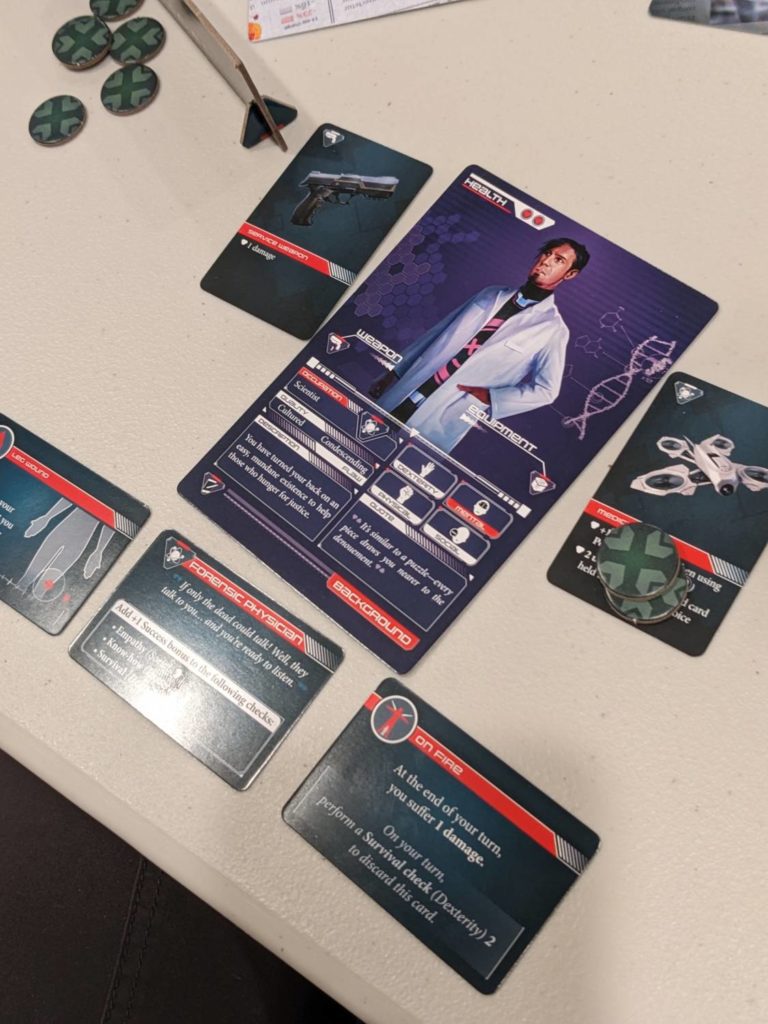
Critical Meh
The first entry in the Critical system is an excellent way to introduce a new RPG for GMs hoping to learn the ropes. (A note about the “Season 1” wording: Critical will be sold at retail first, as in “Foundation—Season 1.” Seasons 2+ will be made available online for those who want to continue the story in that box’s universe from the Gigamic website.)
The GM tools available in Foundation are excellent and the individual modules are bite-sized entryways into narrative gameplay. The production here is fine and comes in at a price point that is very reasonable for a person looking to dip their toes into the format. Foundation’s gameplay is more investigation-driven than combat-driven, so that might also be an edge for someone not ready to spice up dozens of dice-driven battles in their first RPG run.
For the non-gamemaster players, Foundation is a miss. For PCs looking to learn the ropes of an RPG, D&D has a couple of starter sets that are more worthy. As a person on the receiving end of a narrative that features almost no real creativity, Foundation isn’t a very satisfying listen. For the majority of the game, you’ll either be listening or rolling a single die maybe a dozen times to get through the game’s dice-driven status checks.
Critical’s next box will be called Sanctuary (a new story using the same Critical toolset), meaning that more opportunities to shine are inbound. Committed fans may find Foundation to play best with only one or two PCs, while four PCs just won’t have enough to do.
Foundation is a nice stab at RPGs, but it leaves the playable characters on the outside looking in. Explore this only if you are committed to helping a new gamemaster learn the craft.


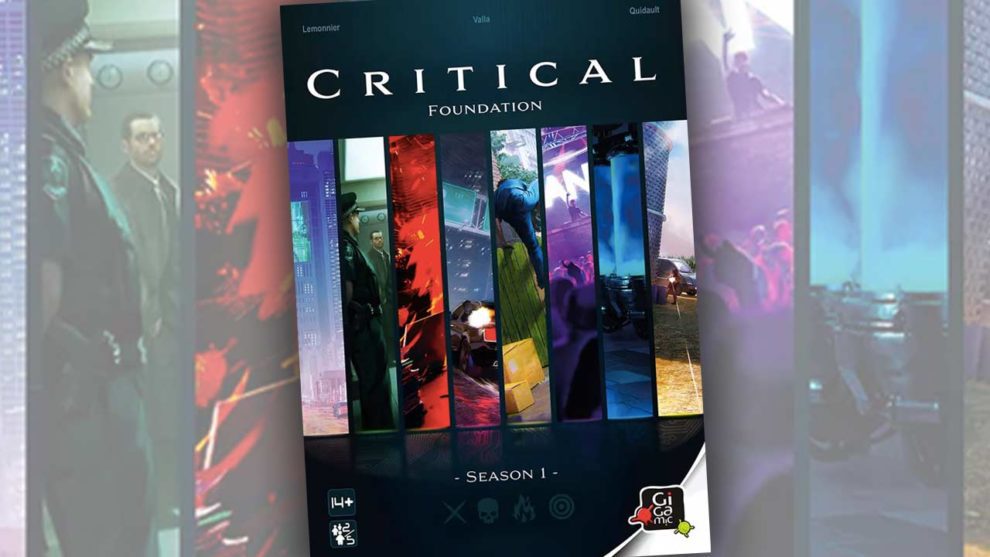

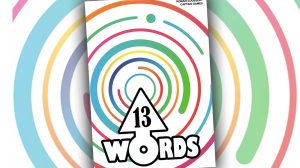







Add Comment